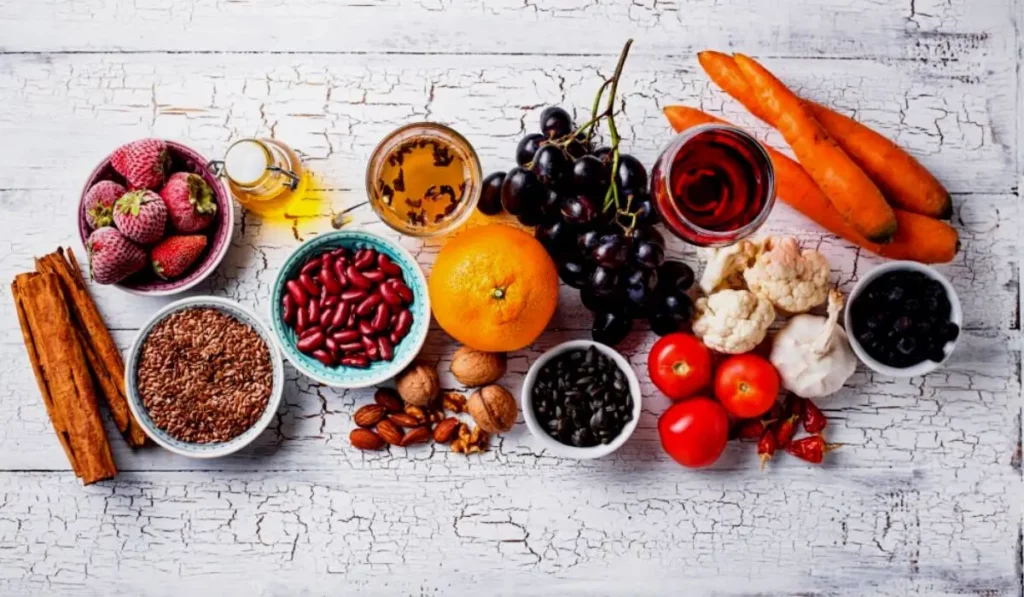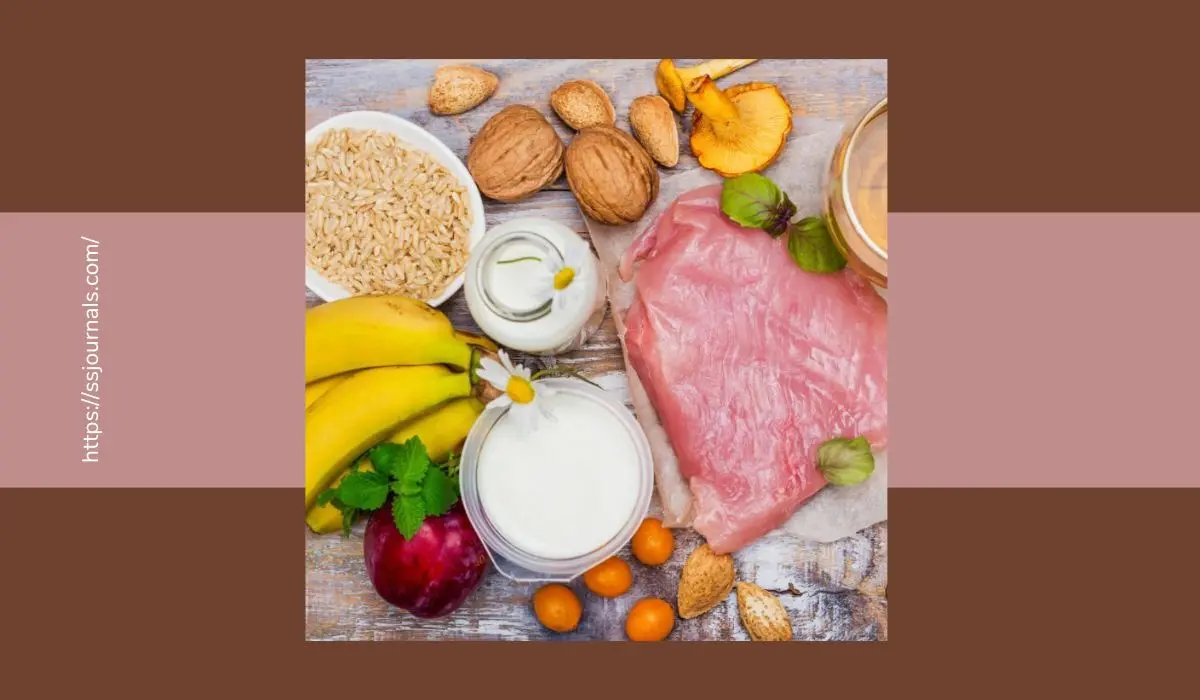The prostate is a small gland that plays an important role in men’s fertility and urinary function. Keeping the prostate healthy is key to reducing the risk of conditions like an enlarged prostate or prostate cancer. While some foods may promote prostate health, there are foods men should limit or avoid to prevent prostate problems.
This article will cover the top 10 foods to avoid for optimal prostate well-being, associated risk factors, and how your diet and lifestyle habits affect this vital gland.
10 Foods To Avoid For Prostate Health – Explored!
Here is the list of 10 foods to avoid for improving prostate health

1. Red Meat – Red meats like beef and lamb are high in unhealthy saturated fats and hormones. Excess red meat is linked to enlarged prostate and higher cancer risk.
2. Full-Fat Dairy – High-fat dairy products contain hormones as well as saturated fat which can fuel prostate cancer cell growth. Opt for low-fat or non-dairy milk, yogurt, and cheese.
3. Fried Foods – Fried and heavily processed foods containing trans fats promote inflammation which damages prostate tissue. Avoid fast food and fried snacks.
4. Refined Grains – Refined carbs like white bread, pasta, and rice are quickly metabolized leading to spikes in insulin and inflammation. Choose whole grains instead.
5. Caffeine – Excess caffeine overstimulates the prostate and bladder, worsening the urgency and frequency of symptoms. Limit coffee, tea, soda, and energy drinks.
6. Alcohol – Heavy alcohol consumption, especially beer, may irritate the prostate and relax the bladder causing leakage issues. Drink in moderation.
7. Salt – Excess sodium intake from processed foods, cured meats, and condiments may enlarge the prostate over time. Limit added salt.
8. Eggs – While nutritious, egg yolks also contain arachidonic acid which can trigger prostate inflammation when consumed in excess. Control portions.
9. Sugar – Added sugars and sugary snacks feed harmful bacteria, promote inflammation, and lead to poor insulin control, all damaging to the prostate.
10. Charred Meat – Burned or charred meats contain carcinogenic compounds called heterocyclic amines which are linked to prostate cancer risk.
Risk Factors That Cause Prostate Damage To Your Health
Beyond diet, other lifestyle factors influence prostate health including:
👉 Age – The prostate naturally enlarges as men age, so prostate problems become more common after 50. Get regular prostate exams when older.
👉 Genetics – Having a father or brother with prostate cancer increases your risk. Be vigilant with screening.
👉 Ethnicity – Prostate cancer affects a disproportionate number of African American men and men with African ancestry.
👉 Obesity – Excess abdominal body fat and higher BMI are tied to more prostate complications. Maintain ideal weight.
👉 Sedentary Lifestyle – Lack of exercise contributes to weight gain, insulin issues, and muscle loss that impact prostate health. Stay active.
👉 Smoking – Cigarette smoking doubles the risk of developing prostate cancer. Quit smoking to protect your prostate.
Conclusion
Supporting prostate health involves limiting inflammatory foods high in unhealthy fats, hormones, and carcinogens like processed red meat and dairy. Fill your diet with more vegetables, berries, healthy fats, whole grains, and legumes instead while maintaining an active lifestyle and healthy weight.
Getting screened regularly for prostate issues is also key as you age. With balanced nutrition and prudent lifestyle choices, protecting your prostate and urinary function is possible.
Read More:- Can Honey And Lemon Help Lose Weight? What Is The Truth?
FAQs
Q: What are the most common prostate problems men face?
A: Benign prostatic hyperplasia (enlarged prostate), prostatitis (inflammation), and prostate cancer are the most frequently occurring prostate conditions.
Q: How can I reduce prostate enlargement naturally?
A: Avoiding inflammatory foods, exercising, maintaining vitamin D levels, managing stress and taking supplements like saw palmetto may help reduce enlarged prostate.
Q: At what age should screening for prostate cancer begin?
A: The American Cancer Society recommends men at average risk begin discussing prostate cancer screening with their doctor at age 50. Earlier screening may be warranted for high-risk men.
Q: Does frequent ejaculation affect prostate health?
A: Some studies suggest frequent ejaculation may lower prostate cancer risk in men. However, the evidence has been mixed.
Q: What are the most common signs of prostate problems?
A: Frequent/painful urination, weak urine stream, incomplete emptying, bloody urine, erectile dysfunction, pelvic pain, and lower back pain are potential prostate symptoms.

